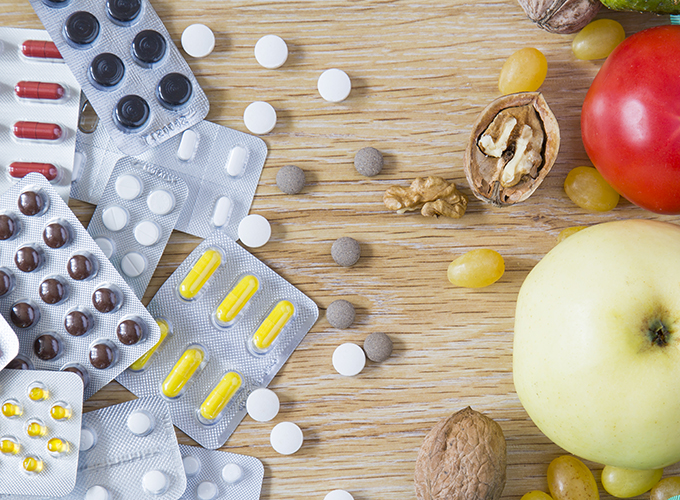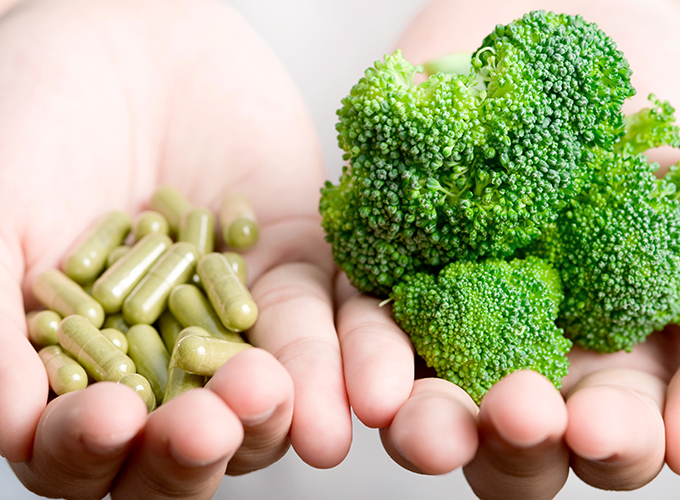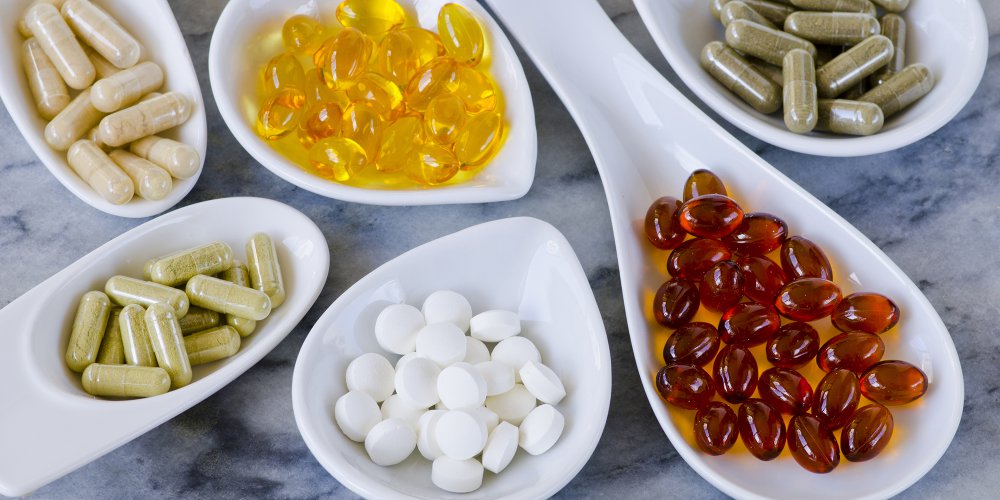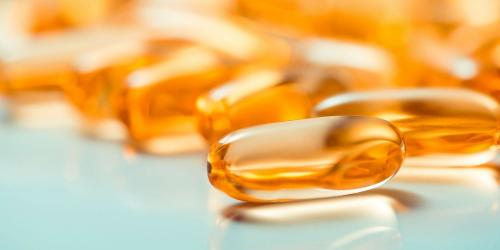Food supplements, these vitamin cocktails, minerals or plant extracts have everything to seduce. Their indications are enticing: burn fat, boost immunity, counteract a drop in tone, improve the quality of sleep ... And despite the crisis, their market is booming: 6.4% growth in 2014 and 3 , 9% in 2015 according to the National Union of Dietary Supplements (Synadiet).
Dietary supplements, not drugs
Sold in the form of tablets, sticks or ampoules, they look like drugs but they are not. Their manufacturers are not forced to prove their effectiveness with advanced clinical studies. And "their marketing does not require individual authorization for marketing as for drugs," says the National Agency of Health Security.
But those distributed in official channels (pharmacy, drugstore, organic store ...) are still very much supervised. They can not contain anything. And the health claims on the packaging must be validated by the European Food Safety Agency.
 Istock / GrigoryLugovoy
Istock / GrigoryLugovoy
Undeniable benefits
"Dietary supplements help to avoid nutritional deficiencies and can be recommended instead of a drug, says Dr. Pascale Modaï, nutritionist doctor. In my practice, deficiencies are numerous, starting with adolescents who do not consume enough dairy products. Similarly, women of childbearing age are often iron deficient. And most of my patients, no matter how old, are lacking in vitamin D. "
Iron deficiency is known to cause anemia and vitamin D deficiency leads to chronic fatigue and increased risk of bone demineralization.
In addition, in vegans, vitamin B12 - essential for the formation of red blood cells - is lacking because it can only be provided by foods of animal origin. Hence their need to supplement. It has also been shown that supplements with antioxidants and omega-3s reduce the risk of worsening AMD **, the leading cause of low vision in developed countries, by 25%. Again, supplements are valuable.
What are the risks with food supplements?
Be careful though. Several scientific studies suggest that some ingredients, apparently innocuous, are not always harmless. This is the case of beta-carotene, an antioxidant present in many capsules that prepare the skin in the sun. This substance is interesting when it comes from food, but it can become toxic as a supplement in smokers.
Other examples: Excessive intake of selenium can increase the risk of skin cancer by up to 25%, just as vitamin E abuse is likely to elevate the risk of prostate cancer by 17%, according to the University of Colorado.
 Istock / woraput
Istock / woraput
Internet shopping for tablets: caution
Better to seek advice from your doctor before buying food supplements. Do not buy on the internet, especially if it is slimming or erection stimulant products. Many contain sibutramine, banned in France since 2010, or phenolphthalein, banned since 1999.
Strictly observe the indicated dosages and never do multiple courses at the same time. Two products with different aims (antifatigue and beauty for example) may contain common compounds, which presents a risk of overdose.
* Research Center for the study and observation of living conditions
** Macular degeneration




